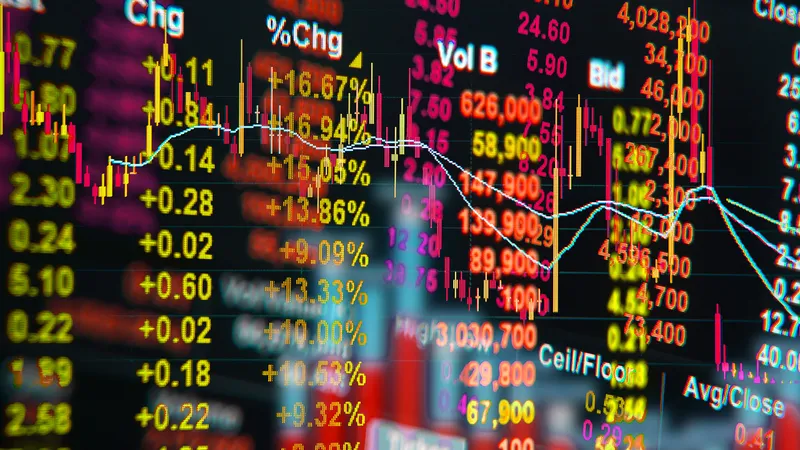Omicron did somewhat of a wreck toward the finish of 2021, with oil as well. Will raw petroleum break new value records in the New Year 2022? What do you all figure?
Brent is on target to end the year up 53%, while WTI is setting out toward a 57% addition.
Raw petroleum costs finished unassumingly higher later an unpredictable meeting with amplitudes expanded by shutting exchanges, as US rough inventories fell by 3.6 million barrels more than anticipated which is a positive sign for request.
Oil costs slid on Friday yet were set to post their greatest yearly gains in 12 years, prodded by the worldwide financial recuperation from the COVID-19 droop and maker restriction, even as contaminations flooded to record highs all over the planet.
Business raw petroleum holds in the United States fell more than anticipated last week, recording the third successive huge decay on the rear of solid interest, as indicated by figures delivered yesterday by the US Energy Information Agency (EIA).
Brent rough fates fell 3 pennies to $79.50 a barrel at 0718 GMT, while U.S. West Texas Intermediate (WTI) rough fates dropped a dime, or 0.1%, to $76.89 a barrel.
Then again, the general unpredictability is chiefly because of the conceivable effect of the Omicron variation on request; projects, substitutions, just as excursions are dropped, and more serious limitations are set up in Europe and China.
Brent is on target to end the year up 53%, while WTI is setting out toward a 57% addition, the most grounded exhibition for the two benchmark contracts starting around 2009, when costs took off over 70%. The two agreements contacted their 2021 top in October with Brent at $86.70 a barrel, the most elevated beginning around 2018, and WTI at $85.41 a barrel, the loftiest starting around 2014.
The oil market keeps on being tight because of the expanded interest for warming oil to supplant flammable gas, which has become over the top expensive, particularly in Europe; the Dutch TTF (Title Transfer Facility) benchmark dropped practically 8% to €89 there.
“We’ve had Delta and Omicron and all way of lockdowns and travel limitations, yet interest for oil has remained somewhat firm. You can credit that with the impacts of boost supporting interest and limitations on supply,” said Australian business firm CommSec’s Chief Economist Craig James.
As you might know, 33% of European gas supplies come from Russia. This clarifies why the energy market is likewise watching out for the Russo-Western emergency around Ukraine.
Russian gas commodities could be impacted assuming that strains ascend, as Russian President Vladimir Putin is expected to talk on the telephone with his American partner Joe Biden sometime in the afternoon. I bet they won’t discuss Russian caviar (which may likewise be viewed as Russia’s unique dark gold).
In any case, in the wake of ascending for a few straight days, oil costs slowed down on Friday as COVID-19 cases took off to new pandemic highs across the globe, from Australia to the United States, stirred up by the exceptionally contagious Omicron Covid variation.
Disclaimer: The views, suggestions, and opinions expressed here are the sole responsibility of the experts. No journalist was involved in the writing and production of this article.




